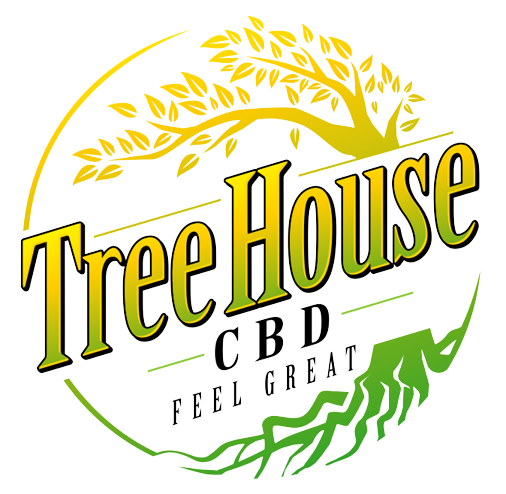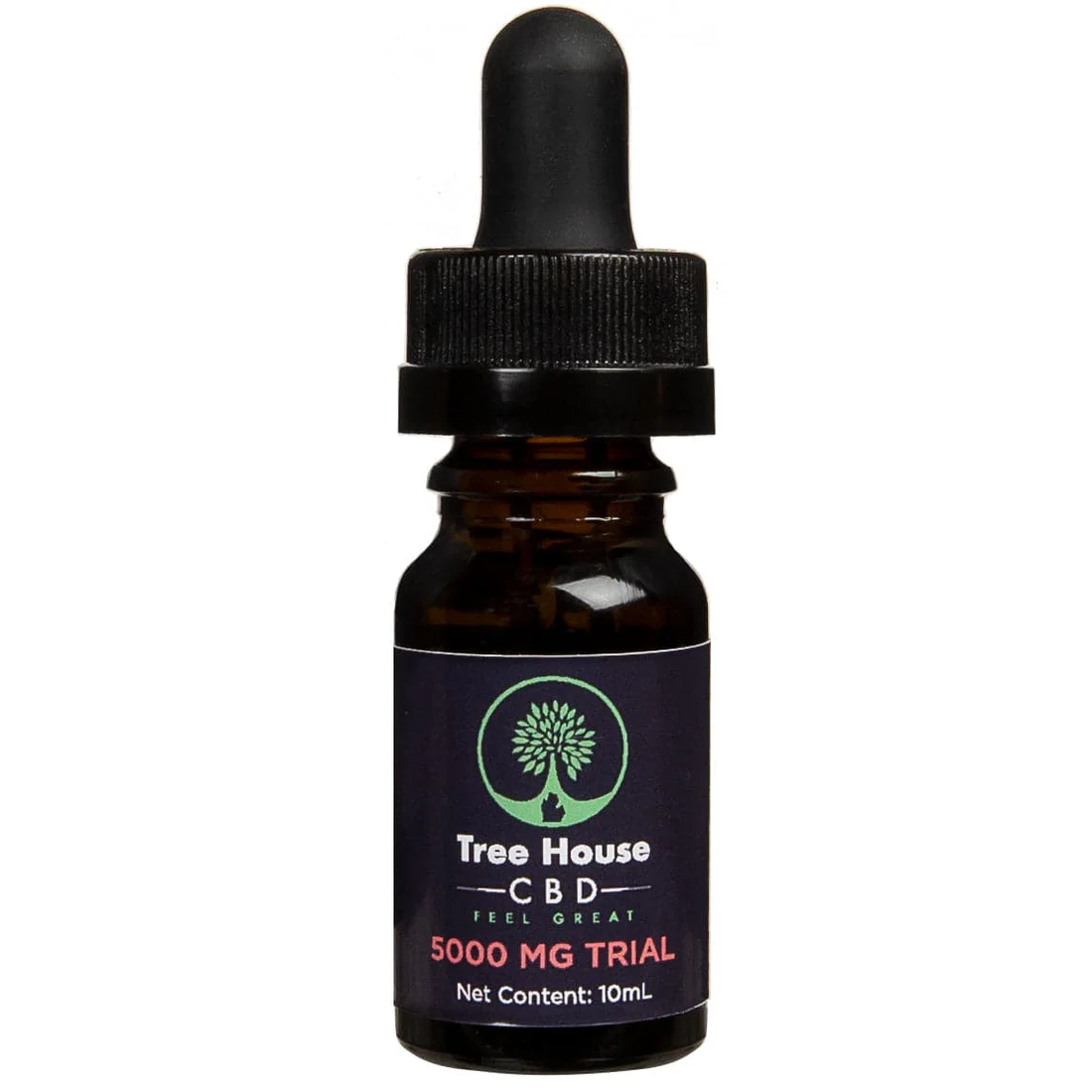Feeling anxious is a common experience for many. Discovering CBD oil could offer a new way to manage these feelings. This article will explain how using CBD can be part of taking care of your mental health.
Understanding CBD Oil
CBD, or cannabidiol, is a compound found in the cannabis plant. It interacts with the body's endocannabinoid system to potentially reduce anxiety and stress.
What Is CBD?
CBD stands for cannabidiol, a compound found in the Cannabis sativa plant. Unlike THC (tetrahydrocannabinol), another well-known component of cannabis, CBD does not make you feel "high." This key difference has made CBD popular for those seeking relief from anxiety and other medical conditions without the psychoactive effects of marijuana.
Studies suggest that it can potentially help with various forms of anxiety disorders including social phobia and generalized anxiety disorder. Understanding how this substance works within our bodies prepares us to explore its specific effects on anxiety next.
How CBD Works for Anxiety
CBD tackles anxiety by targeting the brain's response to stress. It changes the way our brain's receptors react to serotonin, a neurotransmitter linked to mental health. Receptors are tiny proteins attached to your cells that receive messages, helping your cells respond.
This process can lead to reduced stress, improved mood, and increased calmness for those dealing with social anxiety disorder or PTSD.
Research shows promising signs of CBD for treating various forms of anxiety. It has been shown in animal studies as well as some human clinical trials that CBD can reduce feelings of unease and prevent high-stress levels before they start.
CBD for Specific Anxiety Disorders

CBD may effectively alleviate symptoms of various anxiety disorders, including generalized anxiety disorder and PTSD. It also shows promise in managing specific phobias and depression related to anxiety.
Generalized Anxiety Disorder
Generalized Anxiety Disorder (GAD), a condition affecting several individuals, frequently causes them to worry excessively about mundane things, beyond typical levels. Research suggests that CBD oil could be instrumental in alleviating stress in GAD-burdened animals, hinting at potential benefits for human counterparts facing similar difficulties.
Research indicates that CBD products could possibly assist in managing anxiety and stress sensations, devoid of the severe side effects typically linked with prescribed drugs such as selective serotonin reuptake inhibitors (SSRIs), including sertraline (Zoloft) and fluoxetine (Prozac).
PTSD and Phobias
CBD shows promise in treating PTSD symptoms, offering hope to many. Research suggests it can potentially ease severe outcomes linked with PTSD, like nightmares and replaying negative memories.
Studies also find CBD potentially beneficial for anxiety-induced insomnia, a common challenge for those with PTSD. This insight comes from current research aiming to understand how cannabidiol (CBD) can offer relief.
For individuals facing phobias, CBD's role is under investigation as well. Phobias trigger overwhelming fear from specific stimuli or situations, leading to intense anxiety attacks.
By acting on the body’s cannabinoid receptors involved in regulating fear and anxiety responses, CBD might serve as a calming agent. With over a dozen studies ongoing about CBD's impact on diverse anxiety disorders, including phobias and posttraumatic stress disorder, the potential of this cannabis-derived compound continues to grow.
Moving into how these findings tie into managing symptoms of anxiety and depression reveals another layer of CBD’s therapeutic possibilities.
Anxiety and Depression
Moving beyond the difficulties of PTSD and phobias, we discover anxiety and depression often linked, posing a complex problem for many. A significant survey indicated that more than one out of every six people turn to CBD as a promising solution for depression.
This choice reflects their quest for relief without complete reliance on prescription medicines or potential side effects. Notably, nearly two-thirds of these individuals reported positive shifts in their fight with depression symptoms.
Research illuminates a hopeful perspective on CBD's role concerning mental health conditions such as anxiety and depression. A thorough 2020 study emphasized how CBD oil considerably uplifted the overall well-being and daily activity levels in patients dealing with these challenging conditions.
Positive outcomes from various animal studies reinforce this evidence, suggesting that CBD could play a significant role in treatment plans for depression alongside traditional options like cognitive behavioral therapy (CBT).
These insights advocate for more acceptance and use of CBD and also highlight its integration into current psychiatric care systems, potentially introducing new ways we holistically approach mental wellness.
Effective Usage of CBD Oil

Finding the right method of administration for CBD oil can be crucial. Understanding how to use it effectively is key to its potential benefits.
Optimal Ways to Administer CBD
After learning about recommended dosages, the next step is to explore how you can take CBD. Several methods allow for effective absorption into your body.
- Oils and tinctures are a popular choice because they are easy to adjust dosage-wise and can be taken under the tongue for quick absorption.
- Sprays offer convenience and portability, making them perfect for on-the-go use.
- Lozenges provide a slow release of CBD into your system, ideal for those who prefer gradual effects.
- Applying products like creams and gels topically targets local areas for pain or inflammation relief.
- Capsules are an option for those who want a no-fuss method with a pre-measured dose.
- Gummies can make taking CBD more enjoyable, offering various flavors while delivering consistent dosages.
- Vapes allow CBD to enter your bloodstream quickly through inhalation but weigh the potential risks linked to vaping.
- Flowers can be smoked or vaporized, providing a traditional method of consumption with immediate effects.
Each method varies in terms of onset time and duration of effe cts, so consider what fits best with your lifestyle and health needs. Experimenting with different approaches may help you discover what works best for relieving your anxiety or stress symptoms effectively.
cts, so consider what fits best with your lifestyle and health needs. Experimenting with different approaches may help you discover what works best for relieving your anxiety or stress symptoms effectively.
Your Trusted Source: Tree House CBD
Tree House CBD stands out as a trusted source for high-quality CBD products. They offer a wide range of items from full-spectrum CBD tincture to CBD gummies.
Their products are designed not just for relief but as part of an integrative approach to wellness encompassing mental health issues like anxiety and depression as well as physical conditions such as chronic pain.
With detailed dosage recommendations and optimal ways to administer their products, they strive to make self-treatment with CBD accessible and safe for consumers looking for potential alternatives or additions to traditional medications.
Conclusion
CBD oil offers a natural path to managing anxiety. Studies suggest it can lessen symptoms across various conditions, from general unease to more severe psychological disorders. Without the high associated with THC, CBD provides relief while keeping users grounded.
With careful use and guidance from health professionals, individuals explore this therapy safely. Exploring CBD could open doors to better mental wellness for many seeking holistic remedies.
FAQs
1. What is the role of CBD oil in anxiety treatment?
CBD oil, rich in cannabinoids, interacts with CB1 and CB2 receptors in our nervous system to potentially relieve anxiety. It's seen as a holistic approach to wellness.
2. Is there scientific evidence supporting the use of CBD oil for PTSD treatment?
Yes, some clinical studies on lab animals indicate potential benefits of CBD for post-traumatic stress disorder (PTSD) treatment. However, more research is needed on humans.
3. Are there any side effects related to consuming CBD oil?
Some users might experience withdrawal symptoms or liver damage from heavy usage of CBD products like edibles or pills. Always follow a dose-response curve recommended by professionals.
4. Can I take my regular medications along with CBD oil?
It depends on the medication you're taking; some drugs like anti-seizure medications and antibiotics may interact negatively with Cannabidiol (CBD). Always consult your doctor first!


